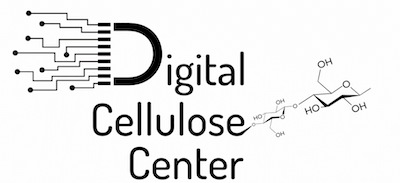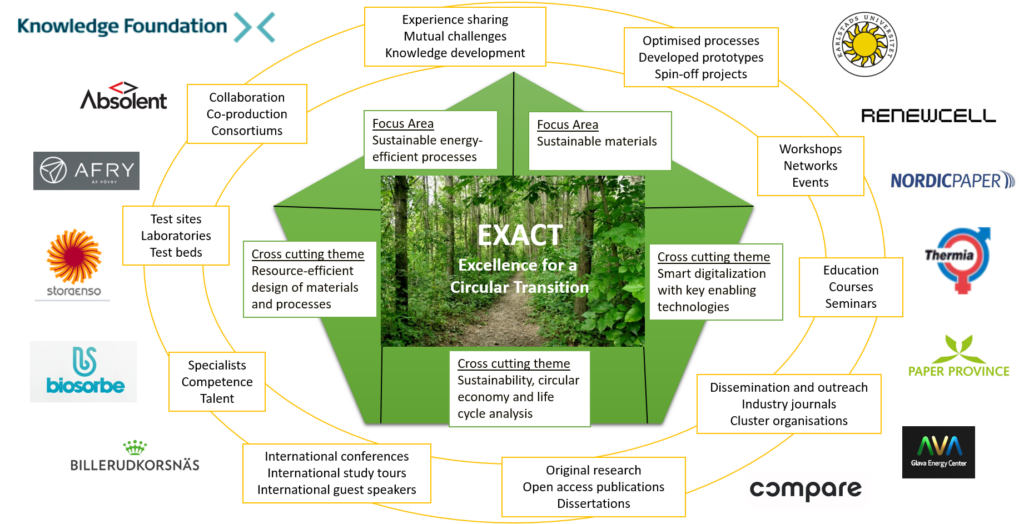Digital Cellulose Center
Centrumet har en tvärvetenskaplig kompetens och infrastruktur för industridriven, excellent forskning inom området digital cellulosa. Genom strategisk kompetens och samarbetsstrukturer ska centrumet göra cellulosabaserade produkter till en integrerad del av ett hållbart, digitalt samhälle och bidra till en ökad tillväxt hos den deltagande industrin. Forskningen inom Digital Cellulose Center fokuserar på området digital cellulosa, där […]
Digital Cellulose Center Läs mer »



